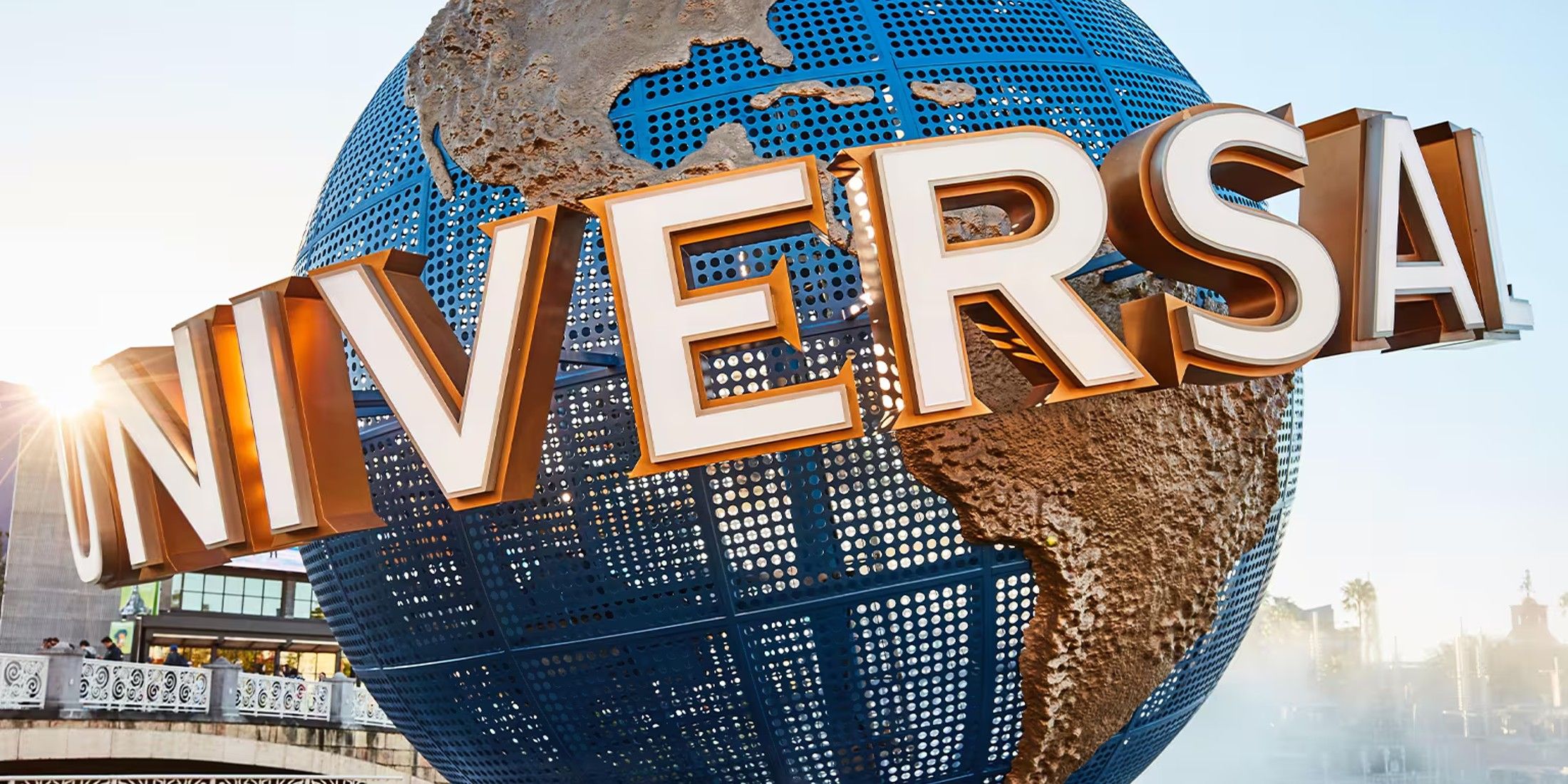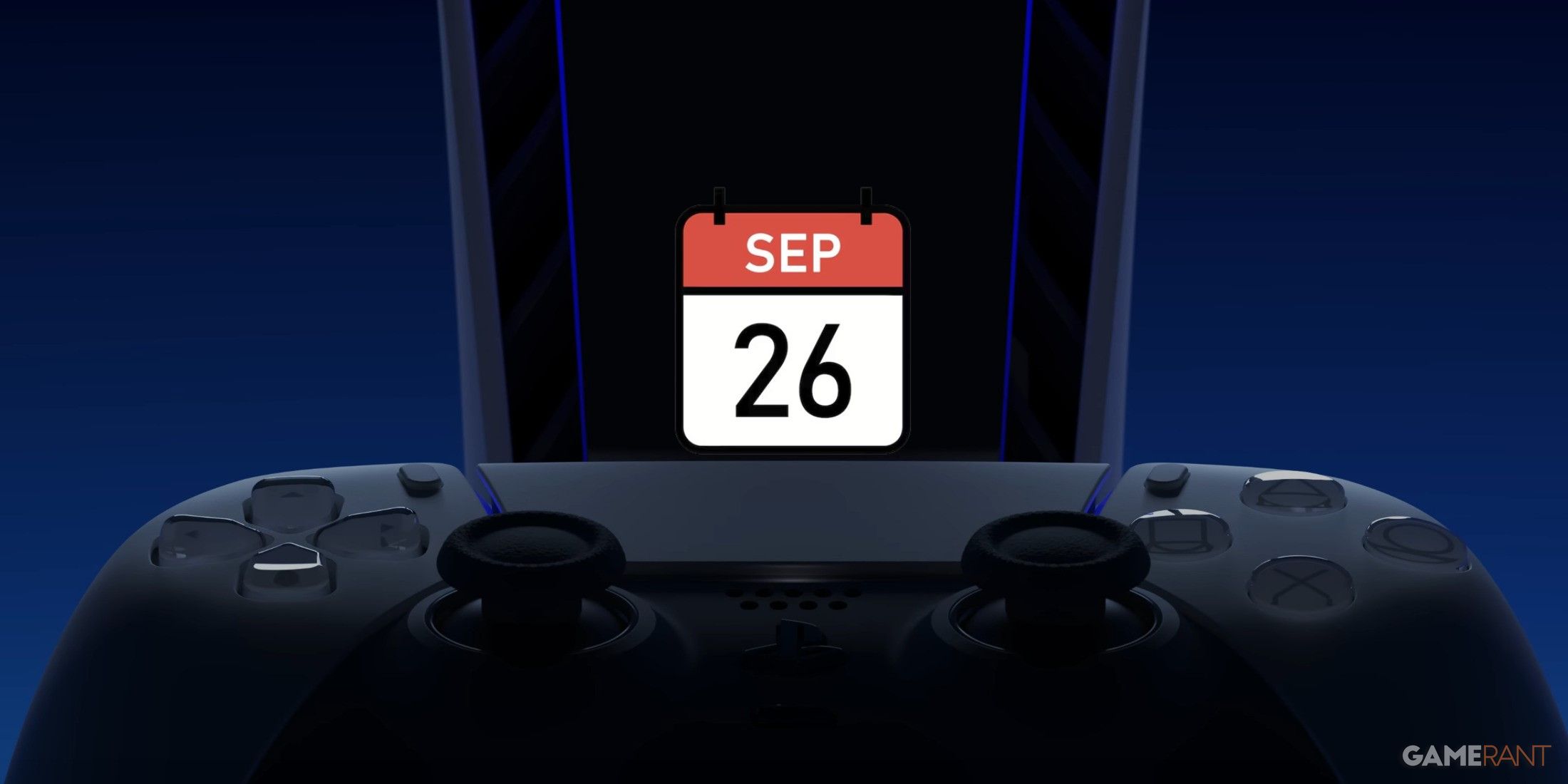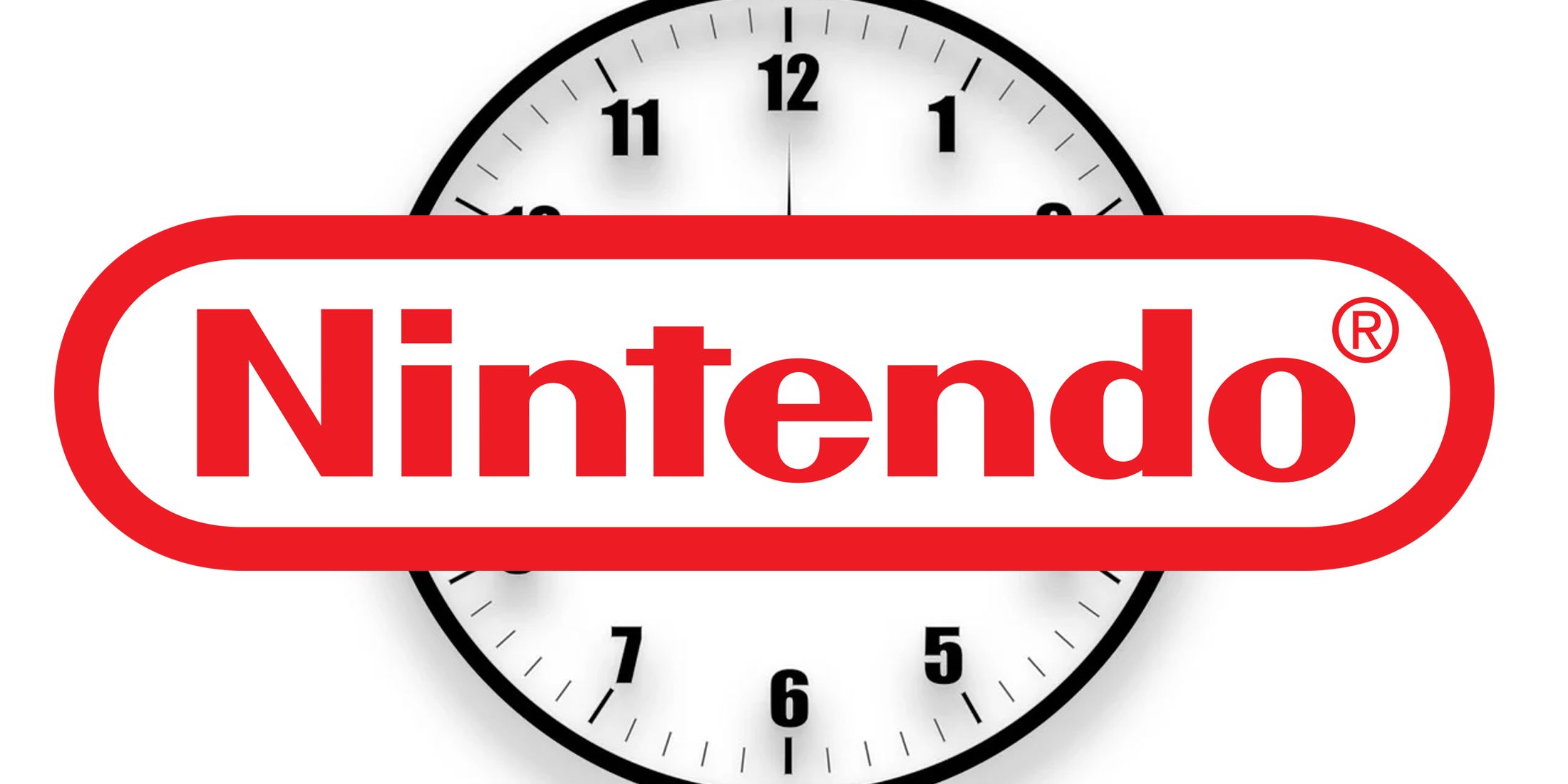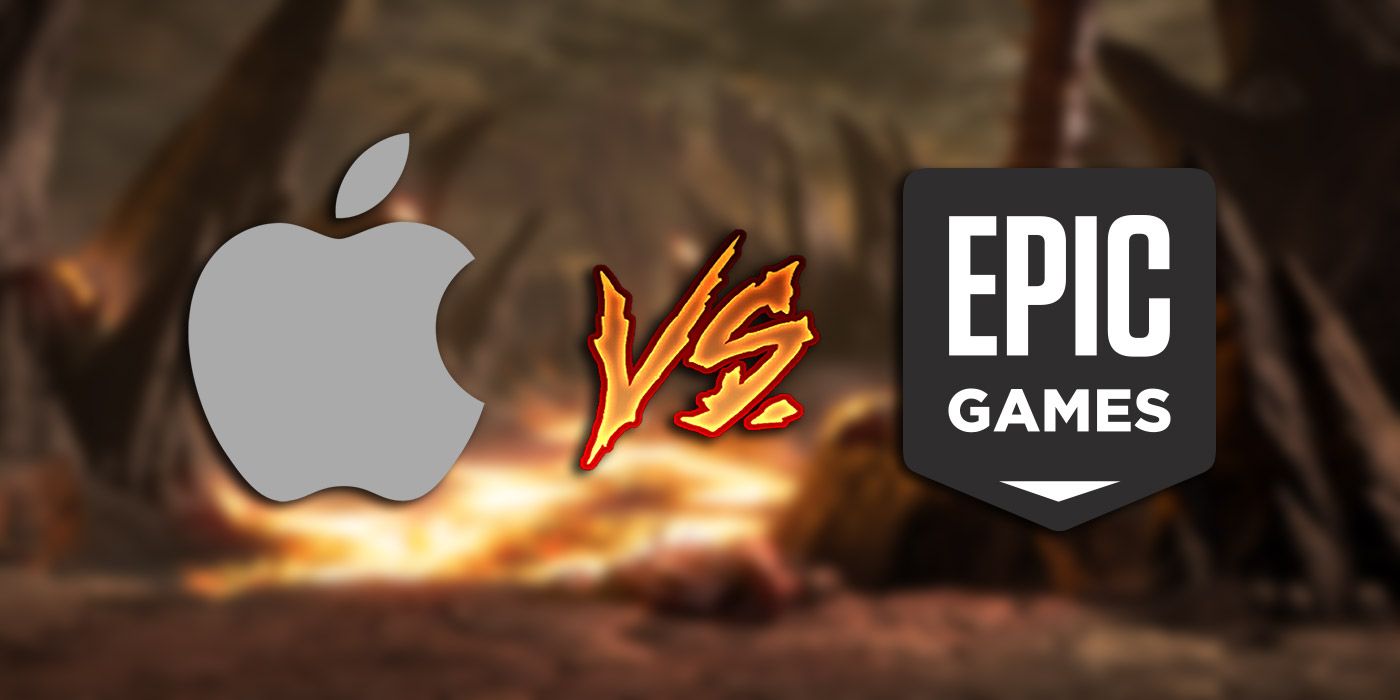The legal battle between Apple and Epic Games officially began yesterday, kicking off what is perhaps the highest profile antitrust case in the last two decades. During the first day of the three-week long trial, Epic Games CEO Tim Sweeney said that the Epic Games Store is not currently profitable.
The legal trouble between the two companies began last year, when Apple removed Fortnite from its App store after Epic added an in-game payment system that bypassed Apple’s commission fees. Epic seeks to prove that that Apple has a monopoly on the mobile app market, and that it devised a plan to lock in consumers and developers through restrictive policies while simultaneously stymieing competition. In its defense, Apple argues that Epic filed the suit solely to cut costs and force Apple to allow harmful apps onto its storefront.
During his testimony of the first day of the trial, Sweeney said that the Epic Games Store is “hundreds of millions of dollars” short of being profitable, though he believes that the storefront will eventually become profitable in three to four years. According to court evidence, the Epic Games Store cost the company a $359 million investment in the 2018-2019 period. Much of the investment money has been used to create exclusive deals with developers and free game offers to compete with Valve’s Steam, which currently dominates the PC gaming landscape.
Unlike Steam, which takes a 30% commission from developers who put their games on its digital storefront, Epic Games only takes a 12% cut. Valve has recently come under fire for what some developers call excessive commission fees. Similar to Apple, Valve was recently sued by a small developer who alleges that Steam has a monopoly on the PC marketplace and is using its dominance to force developers to pay excessive fees.
Like Steam, Apple also takes a 30% cut from app developers, though Apple only takes the cut from developers who make more than $1 million through its marketplace. Epic argues that Apple is able to get away with its 30% commission fee because of its monopoly on the mobile app market. However, Apple’s lawyers were quick to point out that several other marketplaces also charge a 30% commission, including Sony and Nintendo. Microsoft also charges a 30% commission, though it recently pledged that it would decrease its fee.
It is unclear how Sweeney’s acknowledgement will affect the outcome of the case, if at all. Apple and Epic will continue to trade blows in court for the next few weeks. The outcome of the case will not be decided by a jury. Instead, the judge presiding over the case will ultimately decide whether or not Apple has a monopoly and if it is abusing its power.
Source: Washington Post





